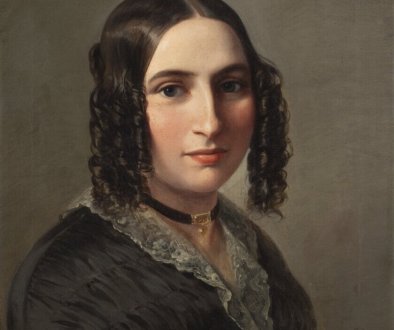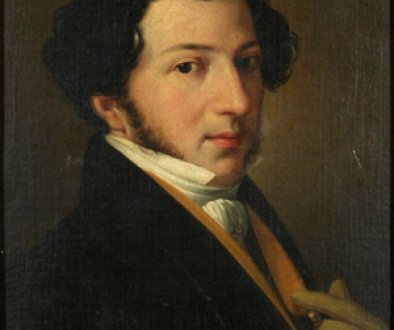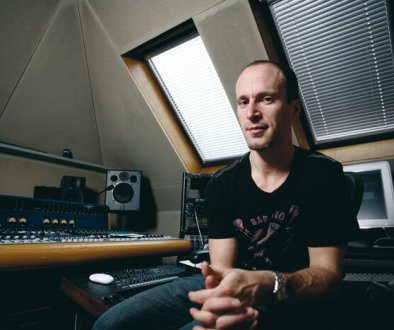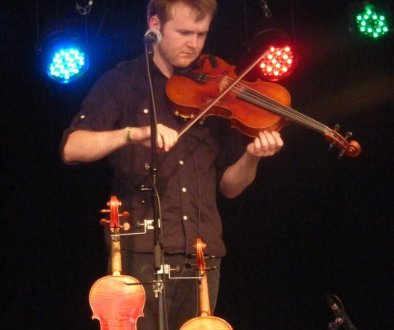Felix Mendelssohn 3 February 1809 – 4 November 1847
Symphony No. 3 in A minor, Op. 56, MWV N 18, known as the Scottish III. Adagio

By Eduard Magnus – Berlin State Library, Public Domain, https://commons.wikimedia.org/w/index.php?curid=5854375
Felix Mendelssohn was a German composer, pianist, organist, and conductor of the early Romantic period. He is best known for works that combine lyrical brilliance with Classical clarity. His famous pieces include the overture and incidental music for A Midsummer Night’s Dream, the Italian and Scottish Symphonies, and the Violin Concerto in E minor. Born in Hamburg, he grew up in a cultured household. His grandfather was the Jewish philosopher Moses Mendelssohn. Felix was a child prodigy, but his parents were careful not to exploit his talent. His sister Fanny was also gifted, with some of her works published under his name.
Mendelssohn’s education included serious musical training and studies in languages and literature. A defining moment came in 1829 when he conducted a performance of Bach’s St Matthew Passion, reviving Bach’s music. He became a key figure in Leipzig’s musical life, founding the Leipzig Conservatory in 1843. Mendelssohn’s later years were marked by overwork and declining health, and he died in Leipzig in 1847, aged 38.




